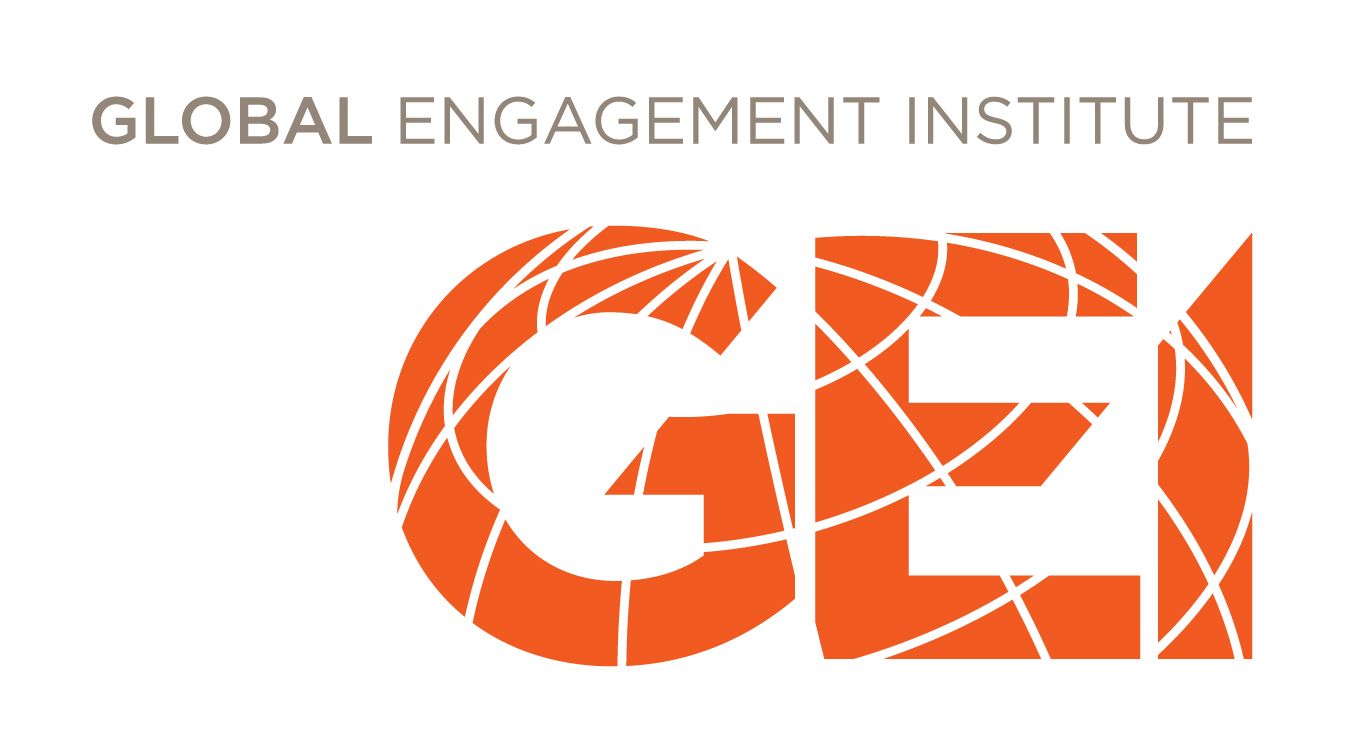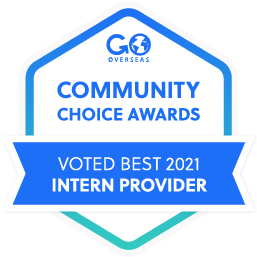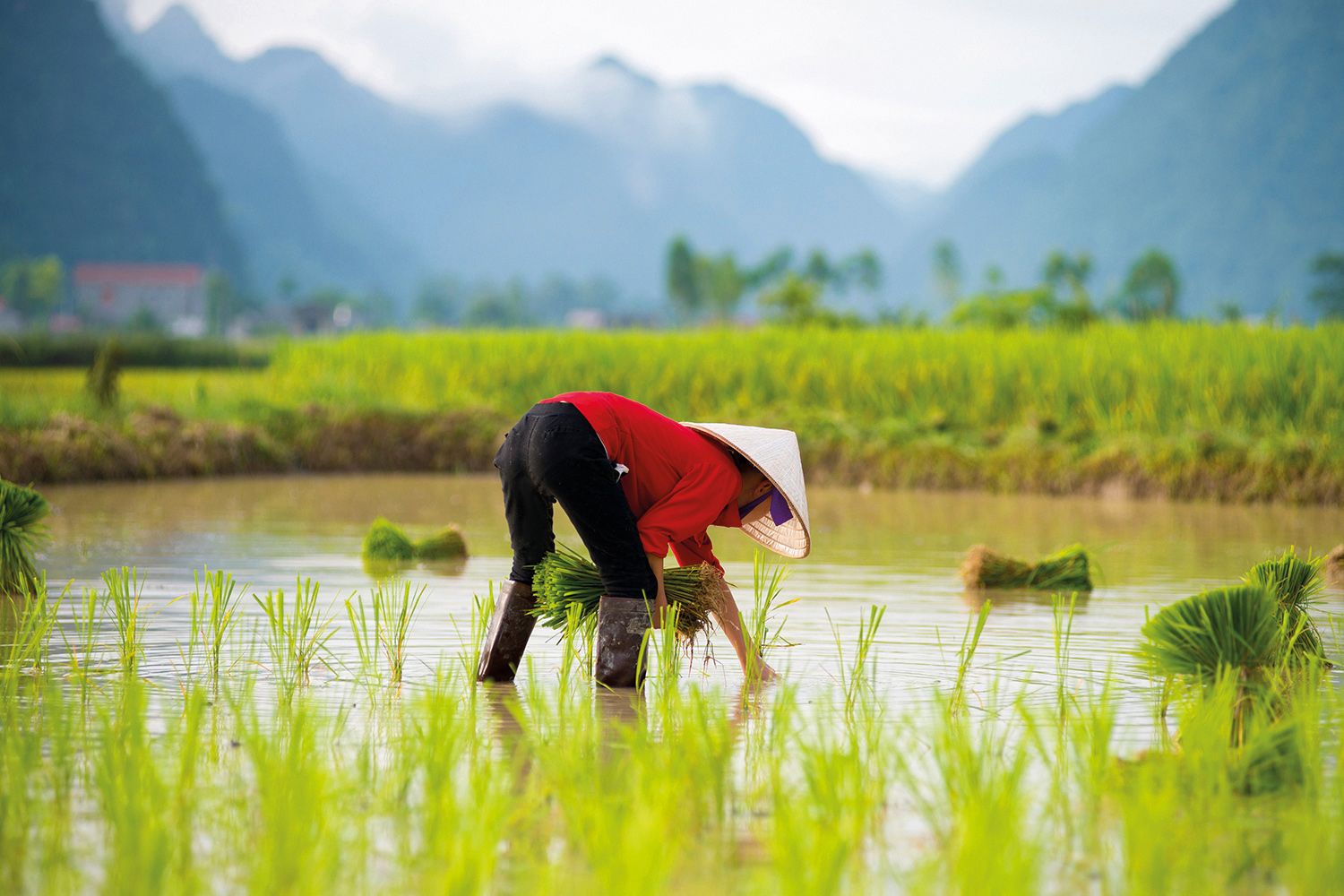SUSTAINABLE DEVELOPMENT (RWANDA)
GEI CERTIFICATE IN GLOBAL ENGAGEMENT
A 16-credit certificate program to develop skills, knowledge, and understanding that prepare you for leadership and engagement in our global society.
AT A GLANCE
-
Certificate in Global Engagement Program
-
Disciplinary Track: Sustainable Development
-
Study Abroad Destination: Rwanda
-
Fall Semester Dates: Sep 1-Dec 13, 2025 (15 weeks)
-
Spring Semester Dates: Feb 2-May 16, 2026 (15 weeks)
-
Fall Semester Dates: Aug 31-Dec 12, 2026 (15 weeks)
-
Credit: 16 U.S. credit hours (~ 32 ECTS credits) for eligible university students
-
Eligibility: Any field and level of study
PROGRAM OVERVIEW
Write your awesome label here.
Write your awesome label here.
Write your awesome label here.
Write your awesome label here.
Write your awesome label here.
Write your awesome label here.
ACADEMICS
This foundational course anchors the academic and ethical framework for the entire semester. Delivered in a hybrid format, it combines eLearning with in-person facilitation in Rwanda. Students complete core modules as a cohort, guided by a local GEI facilitator who supports discussion, group work, and critical reflection.
The seminar explores interdisciplinary themes essential to the program: sustainability frameworks, systems thinking, global-local linkages, ethics of international engagement, social and environmental justice, leadership, and the Sustainable Development Goals (SDGs). It also introduces tools for cultural humility, power and positionality, and collaborative practice.
Through readings, multimedia content, and interactive assignments, students build the theoretical and reflective foundation to engage responsibly and effectively in their fieldwork and practicum experiences. This course equips students to navigate complex challenges, think critically across contexts, and grow as ethical global leaders.
Students receive 3 weeks of intensive language study in basic Kinyarwanda. This training teaches them the basic tools to enter into and engage with Rwandan culture. Provided by an experienced language teacher, the course consists of 60 hours of formal instruction, including classroom sessions as well as experiential sessions, such as shopping, eating out, cooking, music, and dance.
This 3-week course takes students into various field settings across Rwanda, where the theories and principles from the foundation seminar are applied in real-world contexts. This course allows students to engage directly with projects and policies that reflect the innovative strategies discussed in the initial modules. Throughout the course, students cultivate essential competencies to become global change leaders for sustainable development. The course culminates with a community-engaged learning project where students tackle a sustainability challenge of a local partner host organization.
This 4-week interdisciplinary global practium immerses students in practical sustainability work through group placements with a host organization in Rwanda. It integrates learning from all previous modules and courses, addressing a specific sustainability challenge within the Rwandan context. Students design and implement impactful solutions, tailored to their disciplines, level of study, and existing skills. Each Friday, the students come together for a class colloquium and reflection session, as well as cultural activities.
As capstone project, students create a digital portfolio that serves as a comprehensive record of the students’ achievements and learning throughout the program. Students gather artifacts from their coursework and field experiences to showcase their development and mastery of skills. The portfolio culminates in a reflective essay and a presentation, promoting self-assessment and continuous learning.
There are no specific prerequisites or requirements. Students can be enrolled in any major or minor and can be at any level of university study. While we try to always place students in cohorts with similar levels of study, please understand that this may not always be possible.
Our programs are designed to follow U.S. academic culture and standards. The semester pace is rigorous and fast-moving, particularly during immersive fieldwork. The U.S. grading scale of A to F is used. Students complete a variety of assignments, including six thematic group assignments, regular reflective journaling or blogging, and a final analytical project paper focused on cross-cultural and interdisciplinary perspectives (ENV301); participation in a field placement, weekly reflection entries, and submission of a field report analyzing sustainability issues and interventions (ENV302); collaboration on a capstone practicum project, delivery of a professional presentation, and submission of a personal reflective essay (ENV303); and active engagement in intensive Kinyarwanda language instruction, with accompanying homework, a final written exam, and an oral proficiency assessment (LAN302). A digital portfolio is developed throughout the semester, culminating in a final presentation and capstone reflection that integrates academic, experiential, and professional growth.
16 U.S. credit hours (~ 32 ETCS credits) for eligible undergraduate students via our U.S. academic school of record. After successful completion of the program, you will receive a comprehensive GEI transcript as well as the GEI Certificate in Global Engagement. Please check with your academic advisor at your home institution to confirm how many credits can be accepted for your degree program.
The language of instruction is English.
UNIQUE EXPERIENCES
Immersive field learning across Rwanda
Throughout the semester, students travel beyond Kigali to explore rural and urban sustainability initiatives firsthand. Field modules may include visits to agricultural cooperatives, climate resilience programs, social enterprises, or clean energy projects - highlighting diverse approaches to sustainable development.
Deep engagement with Rwandan partners
Students collaborate with local organizations during both the Field Engagement and Practicum phases, supporting meaningful sustainability work. Long-term placements allow for authentic relationships, deeper impact, and professional learning in real-world settings.
Write your awesome label here.
Write your awesome label here.
HOUSING & MEALS
The program includes 15 weeks in Rwanda. For this time, GEI Rwanda offers different housing options that students can choose from, pending availability. These include:
- Homestays: Typically single rooms, with shared bathroom, and access to a kitchen and living room
- Serviced apartments: Single or shared double rooms, with shared bathroom, and access to a kitchen and living room
- University residence halls at our local partner universities: Shared double rooms, with shared bathroom and no kitchen facilities
- Simple guesthouses: Shared double rooms, with shared bathroom and no kitchen facilities
Homestay host families typically provide breakfast and dinner. Students in serviced apartments, university residence halls, or guesthouses are usually responsible for all meals outside of core course meals.
You can find additional information in the following blog post: Accommodation – What to expect.
You can find additional information in the following blog post: Accommodation – What to expect.
DATES, FEES, AND SCHOLARSHIPS
Fall 2025 (15 weeks): Sep 1-Dec 13
Spring 2026 (15 weeks): Feb 2-May 16
Fall 2026 (15 weeks): Aug 31-Dec 12
Fall 2025: July 1
Spring 2026: Dec 1
Fall 2026: July 1
Fall 2025: US $17,450
Spring 2026: US $17,450
Fall 2026: US $17,450
RWANDA
STAFF
All of our staff are highly experienced and resourceful professionals.


